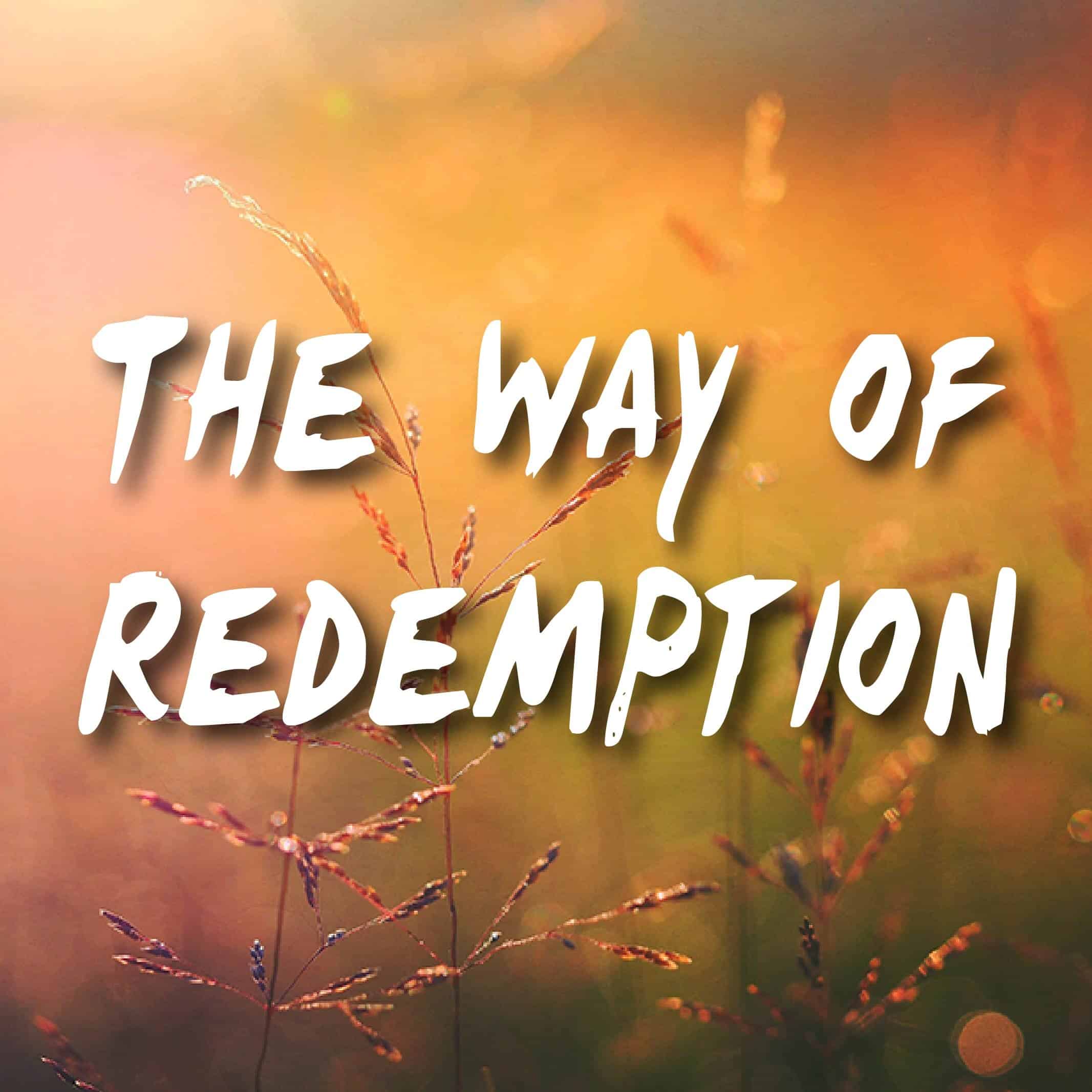A bruised reed He will not break, and smoking flax He will not quench, till He sends forth justice to victory. – Matthew 12:20
Whenever people are confronted with a challenging and messy situation, there is always the temptation just to trash things and start over. That’s because it’s easier to create than it is to redeem. Creativity and starting over are honored in our society, and almost anything is fair game for trashing: children in the womb, marriages in difficulty, businesses that don’t want the trouble of sorting out their debts. This is not an argument against those who’ve had an abortion, faced a divorce, or declared bankruptcy. This is about the mindset of a culture.
God wants to teach us another way if we will enter into partnership with Him. It is the way of redemption. It’s a way that takes longer and costs more, but it injures far less. The unfolding of God’s works comes about because of our submission to His will and our yielding to His Word. And the Word always incorporates both power and love in equal balance, something that is very difficult for us to mix. That’s why becoming an instrument of redeeming faith is not easy.
Of the coming Savior it was prophesied: “A bruised reed He will not break, and a smoking wick He will not quench, till He sends forth justice to victory” (Matthew 12:20). By His healing power, the Lord revives a living thing to wholeness; by the breath of His Spirit, He restores the flame to the candle. Ours is a redeeming Lord, and He comes to do this not only in our lives, but also through our lives—to make us people who, in partnership with Him, become instruments of His redeeming power to others.
Moses was such an instrument. A nation of slaves was emancipated and brought unto their intended purpose by his leadership. It wasn’t Moses’ power that worked it, but he was the instrument through which the power of God worked. Moses’ submission to God’s will and his openness to God’s Word were at considerable personal cost, but no one can diminish the unfolding of God’s great deliverance and redemption through him.
Although born into adverse circumstances, destined for death and then separated from his family, Moses—like you and me—was yet born to be an instrument of redemption. Not to speak unkindly about the pain that people feel, our society has cultivated the culture of the victim. It even penetrates the Body of Christ, with so few people who think they could be instruments of redemption because they’re so focused on their own problems. While some aspects of our lives may still be broken or wounded, that is no blockage to God’s making us instruments of His redeeming life to others. All that’s required is that we allow Him to bring us beyond our preoccupation with ourselves and into an availability of what He can do through us.
Becoming an instrument of redemption may have to do with so “one-to-one” a thing as trying to see your spouse or family member come to Christ. Or it may be, as it was in Moses’ case, so huge a mission as trying to free a nation of slaves. Either way, it’s only going to happen by the power of God. Confining ourselves to the human perspective in desiring to see others come to know the Lord can breed an attitude of tentative acceptance or disrespect toward the unbeliever, which is not conducive for allowing them to open to the love of God in Jesus Christ. God loved us while we were yet sinners, therefore, you and I are called to do the same. Treat people with love, and let Him do the rest. God can work His redemption through any one of us, if we are available.
The flow of God happens through you because He wills to make you an instrument of redemption. We can’t make it happen ourselves. We are the instrument, but we are not the power. God wants to restore the “bruised reed” and “smoking wick” of our lives to His intended purpose. Our Redeemer offers that to each of us—first to new life in Him, and then to becoming His instrument of redemption to others.
Copyright 2014 by Jack W. Hayford




